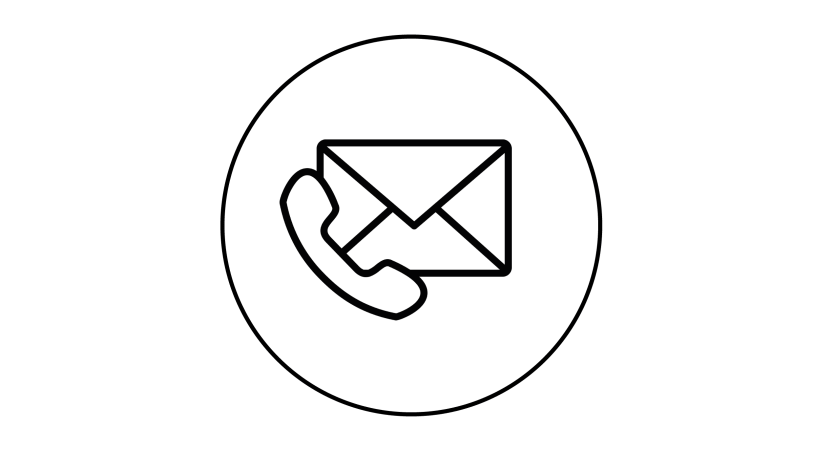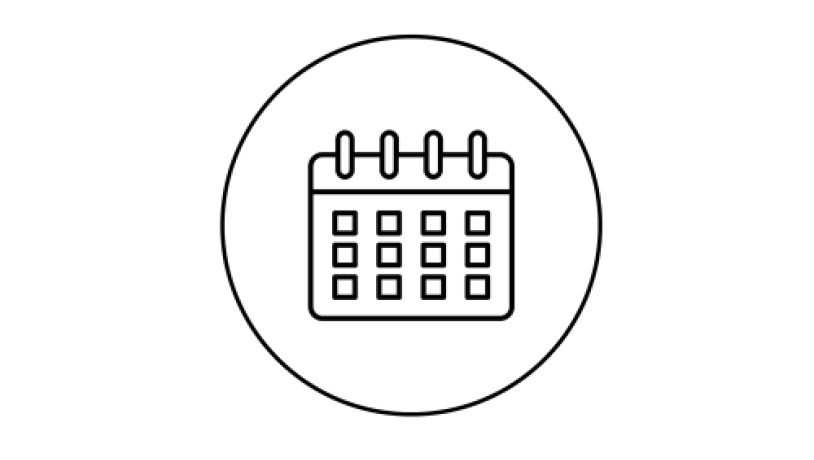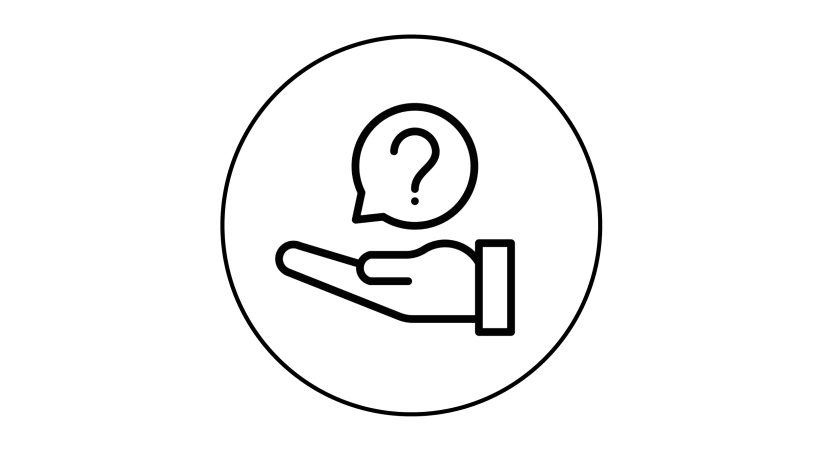
FAQs
Yes, city tax is included, tipping isn't compulsory, and our currency is the Danish Krone, not the Euro. Take a look at our FAQs below and feel free to get in touch if there’s something you need to know.
Do I need a passport to visit Denmark?
Denmark is part of the Schengen Agreement, which eliminated border passport control between Schengen countries in Europe. As such, you no longer need to stop or show your passport when travelling between Denmark and Germany – or Denmark and Sweden. You must still have your passport with you, however, when travelling in Schengen countries as a form of identification.
Following Brexit, UK citizens can travel to any country in the Schengen area, including Denmark, for up to 90 days in any 180-day period without a visa.
Do I need a visa to visit Denmark?
There is a passport control when entering Denmark from a country outside the Schengen area and yes - some nationalities need a visa to enter Denmark. Following Brexit, UK citizens are not required to have a visa when visiting Denmark. You can check visa requirements for your country at the Danish Immigration Service’s website.
Do I need a work permit to handle temporary events in Denmark?
In general, a citizen from a third country outside the EU, EEA and the Nordics, who is to carry out work in Denmark, must have a work permit. As a result of the implementation of Brexit on 31 January 2020, British citizens are subject to the rules for third country citizens.
Please find the latest information outlining the process around obtaining a work permit here.
Please be advised that neither Copenhagen Convention Bureau, nor The Danish Chamber of Commerce can give detailed advice or guidance on specific cases, exemptions, individual business schemes or applications.
How can I reach a professional conference organiser?
Find a professional conference organiser or destination management organisation through our Meeting Planner portal.
Can you help me plan a congress or event?
Yes! With over 25 years of experience, Copenhagen Convention Bureau is on hand to assist with complementary counselling, bid production, facilitation, contact with local partners in the meeting industry and marketing.
Please find more information about our services for local hosts here and for event planners here.
What language do people speak in Denmark?
Danish is the official language of Denmark but don’t worry if you don’t know your smørrebrød from your skumfiduser. Danes are some of the best non-native speakers of English in the world, so it is worry free to get around the country if you don’t speak the native tongue.
Is my event VAT-deductible?
Goods and services are subject to VAT in Denmark. VAT is 25%, but prices are always inclusive. However, if your Danish congress or meeting is VAT liable, you are – with very few exceptions – entitled to deduct VAT on all your costs. Find out more here.
Do I need to tip?
Service charges are included in hotel, restaurant and taxi bills. If you feel you’ve received great service, however, feel free to tip. How much you tip is entirely up to you, and there is no set etiquette for this in Denmark.
What are the transport options for larger congresses and events?
For larger international congresses and events in Copenhagen with over 1,000 delegates, organisers can offer their delegates easy and inexpensive public transportation with a Travel Pass. It offers unlimited travel on buses, trains and the metro. Find out more here.
If you’re arranging an event for fewer than 1,000 delegates, the City Pass option allows you to arrange travel around Copenhagen inexpensively and easily.
Please contact cvb@woco.dk for more information.
What credit cards are used in Denmark?
International credit cards can be used in restaurants, hotels, petrol stations and shops, but the company has the right to charge you an extra fee. Not all of them do and you will be notified before making a payment if an extra fee will be charged.
Many smaller shops and supermarkets do not accept international credit cards.
What is the currency in Denmark?
The Danish currency is kroner and øre. There are 100 øre in one kroner. In Danish and English, kroner is shortened to kr (DKK). In Denmark, you will see notes in values of 50, 100, 200, 500 and 1,000kr. Coins come in 1, 2, 5, 10 and 20 kr, as well as 50 øre.
Most shops in Denmark accept cash, but there is an increase in cashless shops where it’s only possible to pay by credit card or mobile. You should also note that many kiosks and supermarkets do not accept cash after 8 pm.
Will I be able to plug my laptop in?
Denmark uses two-pin continental plugs and 220 volts (50Hz) like most other European countries. Visitors from Ireland or the UK will need adaptors for electrical appliances, while those from North America will need a transformer to use 110/125-volt appliances.
What’s the weather like?
The Danish climate is moderated by the warm Gulf Stream and is therefore milder than in the surrounding Scandinavian countries. Denmark has four distinct seasons. The spring months, March to May, are the mildest, while the summer months of June, July and August are the hottest. Autumn, from September to November, tends to be rainy and more overcast. Winter runs from December to February and is normally cold, with frost and snow.
Temperatures
Denmark is in the North Temperate Zone and has a mean temperature of 7.7˚C (46˚F). Statistically, February is the coldest month (mean 0.0˚C/32˚F) and August the warmest (mean 15.7˚C/ 60˚F).
Winds
The prevailing wind is westerly, which means that the west coast of Denmark receives more rainfall than the rest of the country. The annual rainfall in Denmark averages 61 cm (24 in) of precipitation.
Sea temperatures
Denmark is surrounded by coastline and swimming in the sea is a popular pastime. The seawater temperature around Denmark, from June to August, is between 17˚C (63˚F) and 22˚C (72˚F). In August, this can rise to around 25˚C (77˚F).
What time zone is Denmark in?
Denmark is within the Central European Time (CET) zone; thus, Denmark is 1 hour (UTC +1) ahead of the Greenwich Mean Time (GMT).
However, Denmark uses Day Light Savings time (also known as Summertime) which starts on the last Sunday in March and ends the last Sunday in October. During this period the time is using the offset UTC +2. You can check the specific dates for the time changes here.
Where can I find a reliable weather forecast?
Find the latest weather forecasts for Denmark at the Danish Meteorological Institute.
What options are there for medical treatment?
You can get medical treatment anywhere in the country by contacting a Danish National Health Service doctor, during consultation hours. If you are in urgent need of medical care outside office hours, you can contact an emergency doctor (Lægevagten). Once on the site, click where you are on the map of Denmark to find the telephone number of the emergency doctor in your area.
Emergency medical care
If you are covered by public health care in an EU country, Iceland, Norway, Liechtenstein or Switzerland, you are entitled to emergency healthcare during your stay in Denmark.
Contact us
We’re here to help, whatever stage of planning you’re at. Email us at cvb@woco.dk or look for the right person on our contacts page.

Photo:Woco
Contact us
Find an employee
Email
cvb@woco.dk

Photo:Woco

Photo:Woco
Request for proposal
Don't hesitate to submit your RFP.
Request for proposal